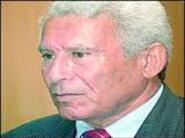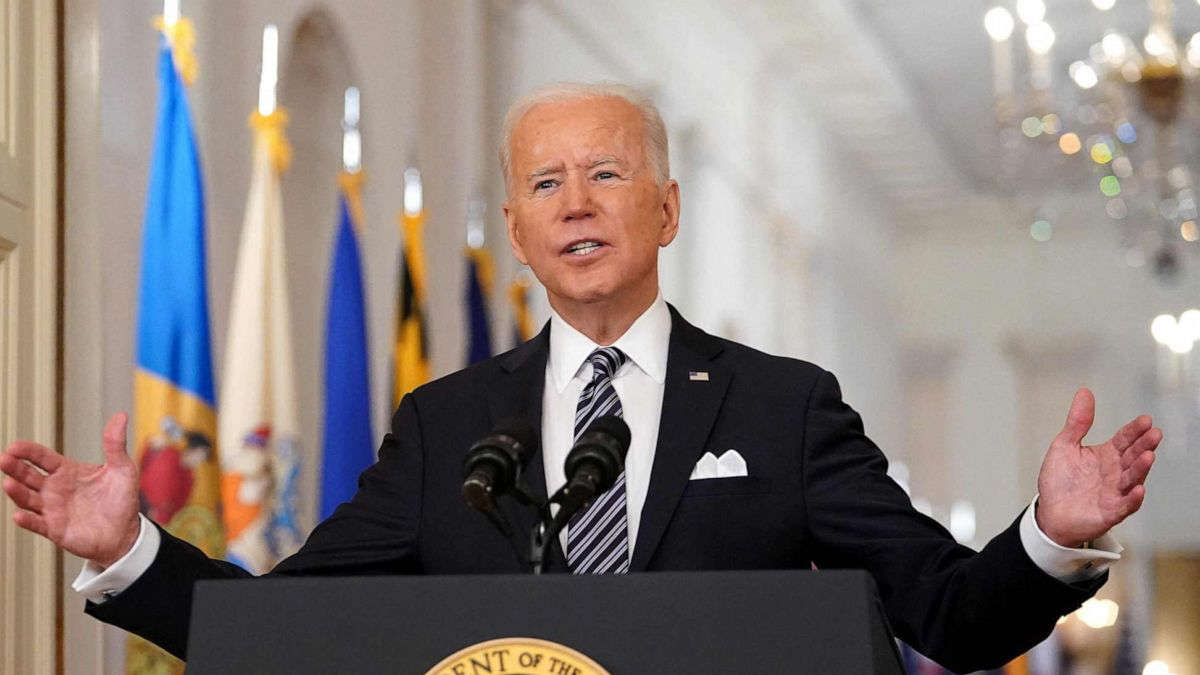En réponse à la récente attaque massive de l’Iran contre Israël, les États-Unis ont exprimé leur désir de ne pas provoquer d’escalade ni de conflit prolongé avec l’Iran. John Kirby, porte-parole de la Maison-Blanche, a affirmé sur NBC que l’administration Biden ne cherche pas à intensifier les tensions. Selon lui, les réactions des prochains jours seront cruciales pour comprendre l’évolution de la situation.
«Le président a été clair: nous ne voulons pas d’escalade. Nous ne voulons pas d’une guerre étendue avec l’Iran. Je pense que les heures et les jours à venir nous en diront beaucoup (…) Nous avons indiqué très clairement à toutes les parties, y compris l’Iran, ce que nous ferions […] et à quel point nous prendrions au sérieux toute menace potentielle à l’encontre de notre personnel», a déclaré John Kirby
Vives tensions entre Israël et l’Iran
Cette offensive iranienne, baptisée « promesse honnête » par l’Iran, a été lancée en réaction à la destruction de son consulat à Damas, attribuée à Israël. Le Corps des gardiens de la Révolution a ciblé Israël avec des drones et des missiles, marquant une escalade significative dans les tensions régionales. Le Guide suprême de l’Iran, l’ayatollah Ali Khamenei, a également approuvé l’opération, renforçant son soutien par des déclarations publiques.
De son côté, Israël, sous la direction de Benjamin Netanyahou, a rapidement répondu en activant ses défenses aériennes pour contrer cette attaque. Le Premier ministre israélien a affirmé que son pays était prêt à faire face à toutes les éventualités et a souligné l’importance du soutien des États-Unis et d’autres alliés dans cette crise.
Sur le plan international, la réaction a été immédiate. Plusieurs pays voisins, dont la Jordanie et l’Iraq, ont fermé leur espace aérien, tandis que les États-Unis ont augmenté leur présence militaire dans la région. Le président Joe Biden a écourté un voyage pour retourner à la Maison-Blanche et discuter des mesures à prendre avec son équipe de sécurité nationale, réitérant son soutien à Israël.
Ces développements mettent en évidence la fragilité de la paix régionale et la possibilité d’une escalade rapide et dramatique. La communauté internationale reste vigilante, espérant une désescalade qui préviendrait un conflit plus large dans une région déjà fortement troublée.



















 Twitter
Twitter del.icio.us
del.icio.us Facebook
Facebook Digg
Digg Technorati
Technorati Yahoo!
Yahoo! Stumbleupon
Stumbleupon Google
Google Blogmarks
Blogmarks Ask
Ask Slashdot
Slashdot
